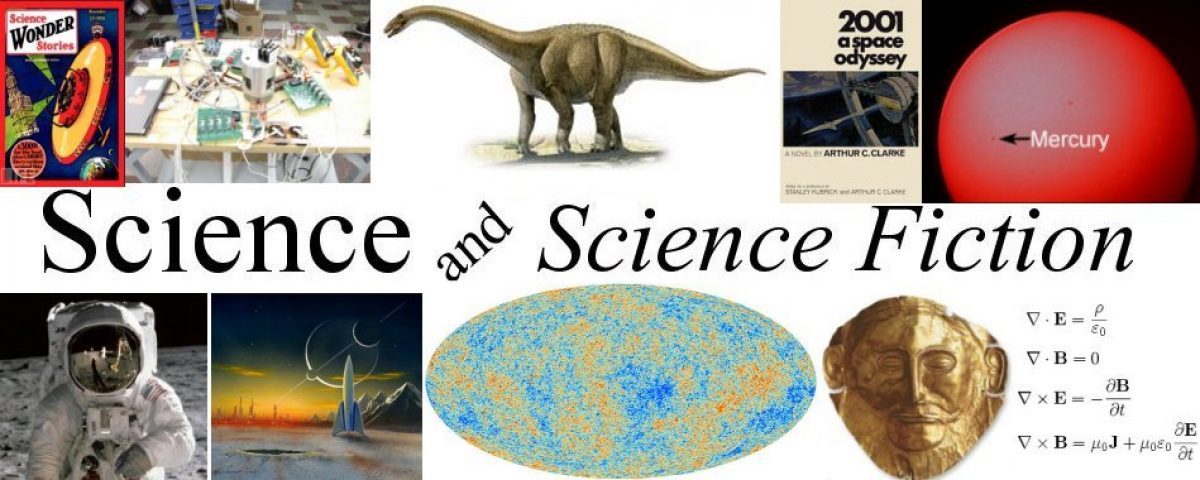Fishes are not only the oldest class of vertebrate animals they are the most diverse having some 30,000 known species. That’s about as many species as all of the amphibians, reptiles, bird and mammals put together. They are also, according to author Jonathan Balcombe, the least understood, not only by the general public but by professional biologists as well.
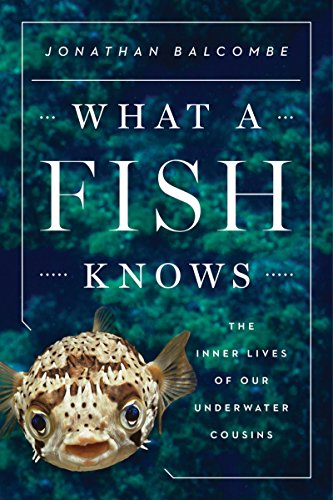
Mister Balcombe certainly knows his fish. As the Director of Animal Sentience at the Humane Society Institute for Science and Policy Mister Balcombe is an unabashed supporter of the rights of all animals, especially fish. That’s not an easy job considering that we humans annually kill around a estimated 2 trillion, that’s trillion with a T, fish. Many of these fish we don’t even eat. A large fraction of those billions of fish are simply ground up to be used as food for the animals we grow, both land animals and the stock of the rapidly growing fish farming industry.
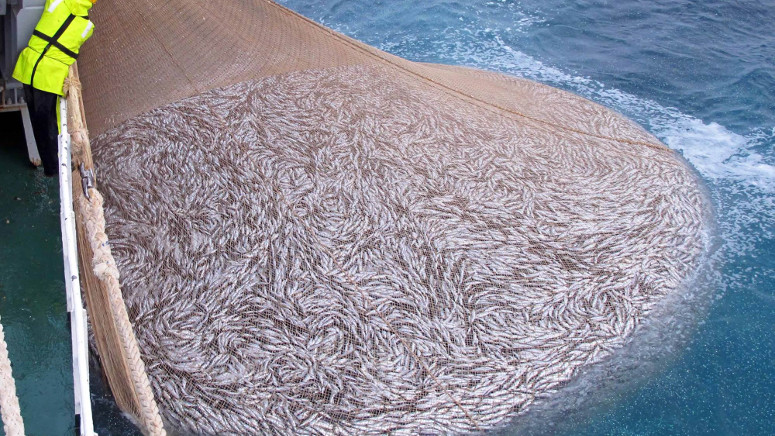
Even so there is still a large fraction of commercially captured fish that are completely unwanted. Caught by nets or hooks they are brought on board ships and usually left to die before they are thrown back in the water. These fish, along with dolphins, squid, crustaceans and coral, even seabirds are known in the fishing industry as bycatch. Of no value commercially they die simply because we consider it too much trouble to do anything to avoid killing them.

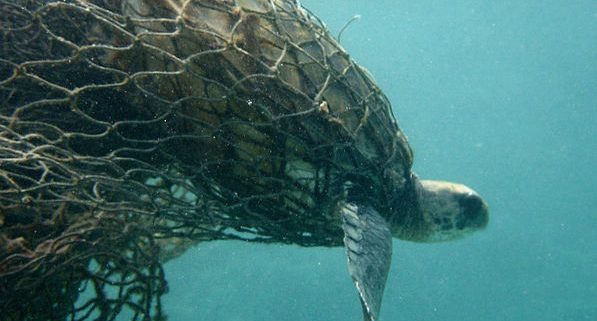
The sheer brutality of the way we use fish is one of the arguments Mister Balcombe employs in order to get we, his readers to care about our finny fellow creatures. Balcombe’s other technique is to simply teach us something about fish, the idea being that the more we know about someone or something the more likely we are to treat them as a fellow creature, even if they do have fins instead of legs.
So most of ‘What a Fish Knows’ consists of a thorough review of what we know about fish, their anatomy, their sensory view of the world, their intelligence, social behavior and parenting skills. Using the results of almost two hundred peer reviewed research papers about fish Mister Balcombe entertains us as much as teaches us about what a fish does know. Oh, and if you didn’t know that fish have intelligence, or social behavior or parenting skills you really should read this book.
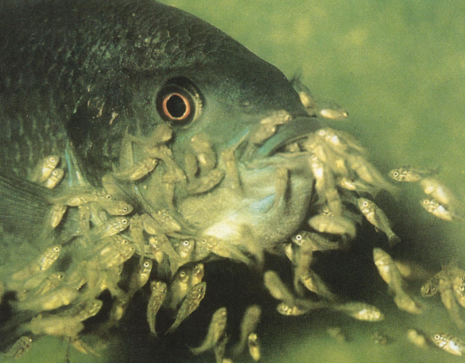
As I said earlier Mister Balcombe is an advocate for the rights of fish but I must say that with seven billion hungry human beings on this planet, many of whom need more protein in their diet, there’s a limit to how far we can go with the ethical treatment of animals. The most important thing in my opinion is to begin using fish in a sustainable fashion. Many of the species of fish we most enjoy eating are being driven to extinction by commercial overfishing.
That’s why I’m a big advocate for fish farming, even though I do recognize such problems as pollution caused by fish farms. At the same time we can certainly do something to reduce the sheer waste of life we cause with bycatch. Another horrible practice is the catching of sharks in order to cut off their fins for shark fin soup, and then tossing the still living animal back into the water to die in agony.


Life implies death, and even if we didn’t eat fish they would still end up being eaten by something. But we consider ourselves to be a bit above the moral plane of ‘nature, red in tooth and claw’. To justify our high opinion of ourselves we must do more to treat our fellow creatures more humanely.
Postscript: Well Monday was the transit of Mercury, did you get to see it. The clouds here in Philadelphia held off for about the first half of the transit, long enough for me to get a few good pictures of this celestial event. See below.
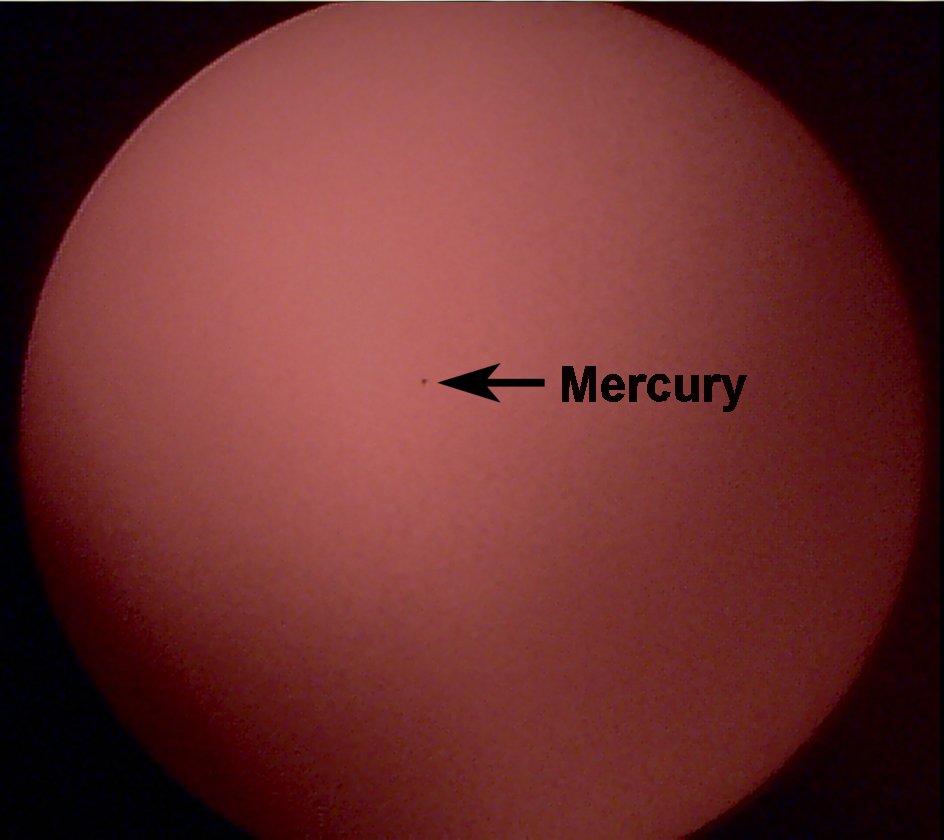
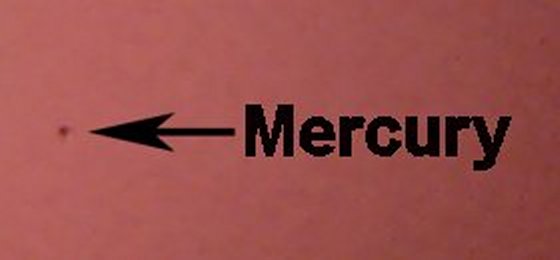
I know my images can’t compare with those you can easily find at NASA or other websites, but I think they’re better ’cause I took’em!
